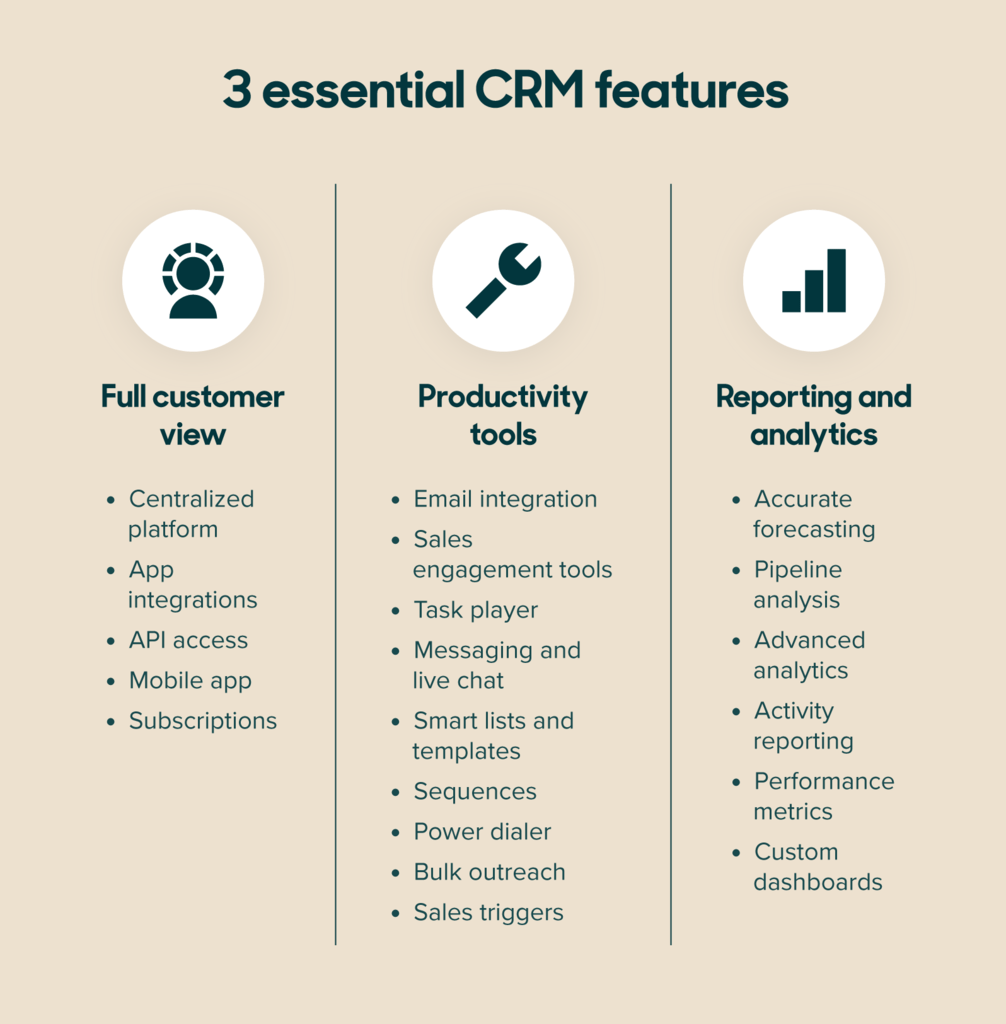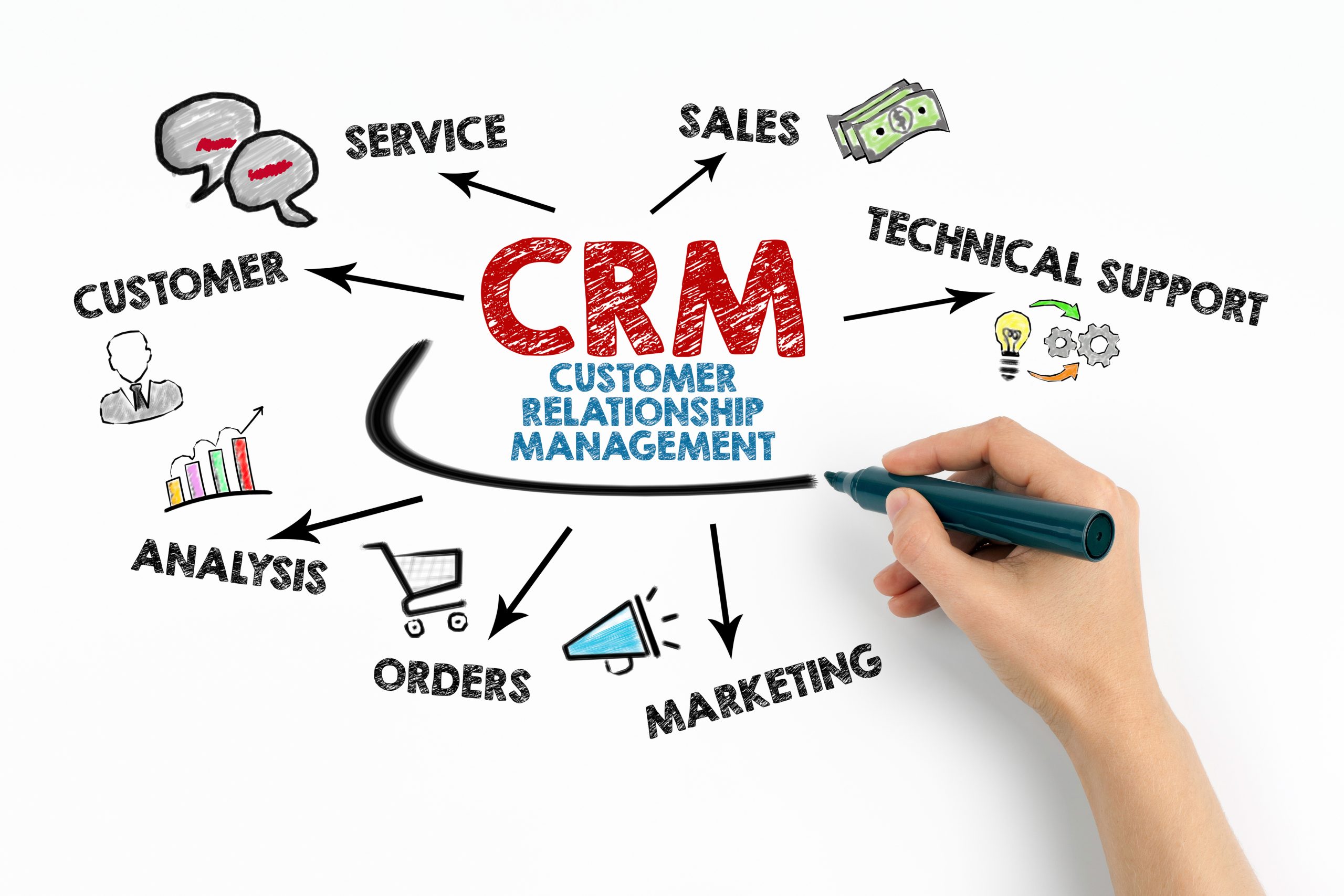
Beyond Raiser’s Edge: Unleashing the Power of CRM with Integrated Donation Tracking for Non-Profits
For non-profit organizations, the lifeblood of their mission is the unwavering support of donors. Managing those relationships, nurturing engagement, and accurately tracking donations are paramount to sustainability and growth. While specialized fundraising software like Raiser’s Edge has long been a mainstay, the evolving needs of modern non-profits are driving a shift towards more flexible and integrated solutions: Customer Relationship Management (CRM) systems with robust donation tracking capabilities. This article explores the benefits of leveraging a CRM with integrated donation tracking, highlighting its advantages over standalone fundraising platforms and providing practical guidance on implementation.
The Limitations of Standalone Fundraising Software
Traditional fundraising software, while often powerful in managing donations, frequently operates in a silo. This isolation creates several challenges:
- Data Silos: Donor information is fragmented across different systems (fundraising software, email marketing platforms, volunteer management tools, etc.). This makes it difficult to gain a holistic view of each donor and hinders personalized communication.
- Inefficient Workflows: Switching between different systems for tasks like donor communication, reporting, and event management is time-consuming and prone to errors.
- Limited Integration: Integrating standalone fundraising software with other critical business applications (accounting software, website CMS) can be complex and costly.
- Lack of 360-Degree View: Without a centralized repository of donor interactions, it’s challenging to understand the full scope of a donor’s engagement with the organization, including volunteer hours, event attendance, and advocacy efforts.
The Promise of CRM with Integrated Donation Tracking
A CRM with integrated donation tracking offers a unified platform for managing all aspects of donor relationships, fundraising activities, and organizational operations. It breaks down data silos, streamlines workflows, and provides a comprehensive view of each donor. Here’s how it works:
- Centralized Donor Database: The CRM serves as a single source of truth for all donor information, including contact details, donation history, communication preferences, volunteer activities, event attendance, and more.
- Comprehensive Donation Management: Integrated donation tracking features allow non-profits to record and manage donations of all types (cash, in-kind, online, offline), track pledges, generate donation receipts, and automate thank-you notes.
- Personalized Communication: With a 360-degree view of each donor, organizations can tailor their communication to resonate with individual interests and preferences, leading to increased engagement and retention.
- Streamlined Fundraising Campaigns: The CRM facilitates the planning, execution, and tracking of fundraising campaigns, allowing organizations to segment donors, personalize appeals, monitor progress, and measure results.
- Improved Reporting and Analytics: Robust reporting and analytics capabilities provide insights into donor behavior, campaign performance, and overall fundraising effectiveness, enabling data-driven decision-making.
- Enhanced Collaboration: A CRM fosters collaboration among different teams (fundraising, marketing, communications, volunteer management) by providing a shared platform for accessing and managing donor information.
- Integration with Other Systems: CRMs typically offer seamless integration with other business applications, such as email marketing platforms, accounting software, payment gateways, and website CMS, further streamlining workflows and reducing manual data entry.
Key Features to Look for in a CRM with Donation Tracking
When selecting a CRM with donation tracking, non-profits should consider the following key features:
- Donor Management: Robust donor profiles, segmentation capabilities, communication tracking, and relationship management tools.
- Donation Tracking: Support for various donation types, pledge management, recurring donations, automated receipt generation, and integration with payment gateways.
- Fundraising Campaign Management: Tools for planning, executing, and tracking fundraising campaigns, including email marketing, event management, and online donation forms.
- Reporting and Analytics: Customizable reports, dashboards, and analytics tools to track key fundraising metrics and gain insights into donor behavior.
- Automation: Automated workflows for tasks such as thank-you note generation, email follow-ups, and data updates.
- Integration: Seamless integration with other business applications, such as email marketing platforms, accounting software, and website CMS.
- Security: Robust security measures to protect donor data and comply with data privacy regulations.
- Scalability: The ability to scale the CRM as the organization grows and its needs evolve.
- Mobile Access: Mobile app or responsive design for accessing the CRM on the go.
- User-Friendliness: An intuitive interface that is easy for staff to learn and use.
- Affordability: Pricing that is within the organization’s budget.
Popular CRM Options for Non-Profits with Donation Tracking
Several CRM solutions cater specifically to the needs of non-profits, offering robust donation tracking features and affordable pricing. Some popular options include:
- Salesforce Non-Profit Cloud: A comprehensive CRM platform with a wide range of features for managing donor relationships, fundraising activities, and program management.
- Microsoft Dynamics 365 Non-Profit Accelerator: A customizable CRM solution built on the Microsoft Dynamics 365 platform, offering integrated donation tracking and fundraising capabilities.
- Bloomerang: A donor management platform designed specifically for small to mid-sized non-profits, offering features such as donor segmentation, automated communication, and online giving.
- NeonCRM: A cloud-based CRM for non-profits that combines donor management, fundraising, and event management into a single platform.
- Kindful: A CRM focused on donor engagement and relationship building, offering features such as donor segmentation, automated communication, and online giving.
Implementing a CRM with Donation Tracking: A Step-by-Step Guide
Implementing a CRM with donation tracking can be a complex process, but following these steps can help ensure a successful implementation:
- Define Your Needs: Clearly define your organization’s needs and requirements for a CRM, including the features you need, the integrations you require, and your budget.
- Research and Evaluate Options: Research and evaluate different CRM solutions, considering their features, pricing, and suitability for your organization’s size and needs.
- Choose a CRM: Select a CRM that meets your needs and budget, and that offers the features and integrations you require.
- Plan Your Implementation: Develop a detailed implementation plan, including timelines, responsibilities, and training requirements.
- Migrate Your Data: Migrate your existing donor data from your old system to the new CRM, ensuring data accuracy and completeness.
- Configure the CRM: Configure the CRM to meet your organization’s specific needs, including setting up user roles, customizing fields, and configuring workflows.
- Train Your Staff: Provide comprehensive training to your staff on how to use the CRM effectively.
- Test and Refine: Test the CRM thoroughly to ensure it is working as expected, and refine your configuration as needed.
- Go Live: Launch the CRM and begin using it to manage your donor relationships and fundraising activities.
- Monitor and Optimize: Continuously monitor the CRM’s performance and optimize your configuration to improve efficiency and effectiveness.
Conclusion
In today’s competitive fundraising landscape, non-profits need every advantage they can get. A CRM with integrated donation tracking provides a powerful platform for managing donor relationships, streamlining fundraising activities, and gaining insights into donor behavior. By breaking down data silos, automating workflows, and providing a 360-degree view of each donor, a CRM empowers non-profits to cultivate stronger relationships, increase donor retention, and ultimately achieve their mission more effectively. While specialized fundraising software served its purpose, the future of non-profit technology lies in integrated CRM solutions that offer a holistic and data-driven approach to donor management and fundraising. Investing in the right CRM is an investment in the future of your organization.

